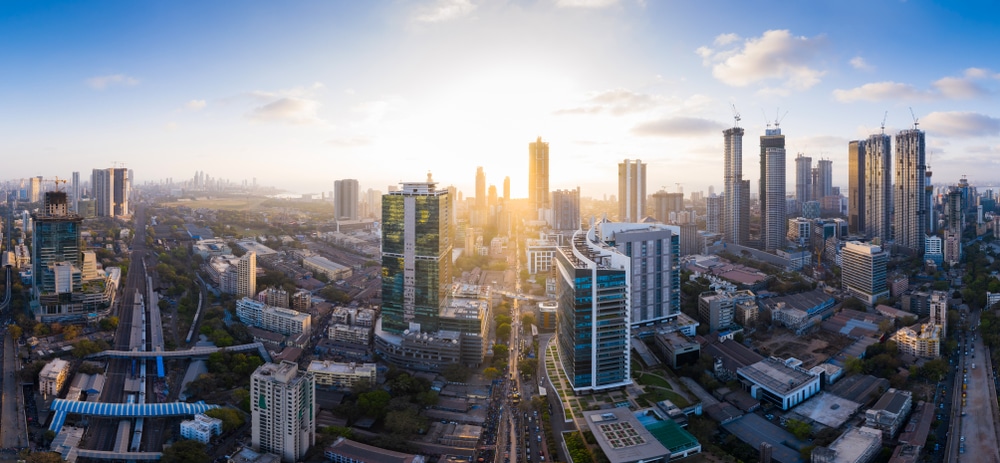India is a global leader in the development of cost-effective, quality-controlled generic drugs, which made up nearly 70% of the country’s overall market revenue in 2018; it also has one of the fastest-growing pharmaceutical sectors in the world. India has the highest number of plants approved by the United States Food and Drug Administration (FDA) for generic drug manufacturing outside North America, making it one of the most important markets globally for drug development, particularly in chronic disease indications.
To ensure that these drugs are safe and effective, regulatory authorities in India have established strict guidelines for submitting regulatory documents when testing investigational products in humans. In this article, we navigate the steps of India’s regulatory submission process and explore the structure of its drug development pipeline.
Pharmaceutical Regulatory Authorities for Drug Development in India
In India, the Central Drugs Standard Control Organization (CDSCO) issues licenses for newly made drugs and clinical trials for drugs. The CDSCO also monitors the quality of imported drugs by coordinating with the State Drugs Standard Control Organization (SDSCO), which issues licenses for the sales and manufacturing of drugs regulated by state authorities. The head of the CDSCO is referred to as the Drug Controller General India (DCGI) and they are primarily responsible for the approval of drug licenses for import or manufacturing. Clinical trials in India can only begin activities once an Investigational New Drug (IND) application has been filed with the CDSCO, reviewed in detail, and finally approved by the ethics committee (EC) and the DCGI.
Below we list the five steps to submitting regulatory documents for drug development in India.
Step 1: Preparation of regulatory documents
The first step in submitting regulatory documents for drug development in India is to prepare the necessary documents. These documents include clinical study reports, preclinical study reports, and the drug master file. Sponsors must include in their application the data of all related chemistry, manufacturing, control, and animal studies when preparing a submission to the appropriate regulatory agency. Other relevant documents, such as the study protocol, investigator’s brochure, and informed consent forms, should also be attached. These should be prepared in compliance with the guidelines provided by the CDSCO.
Step 2: Compilation of regulatory documents
After preparing the regulatory documents, the next step is to compile them into a dossier, which should include all the necessary documents required by the CDSCO and EC. This documentation required for IND approval may vary depending on the type of application and other details of the study in question. The dossier should be well-organized and easy to navigate, especially because any missing or incomplete information can lead to the rejection of the application. The Common Technical Document (CTD) is a set of specifications developed through the International Council of Harmonization process to standardize applications to register new therapeutics. Whereas countries like the USA and Japan have made the CTD a mandatory format for any dossiers submitted for review, it is optional in India.
Step 3: Submission of regulatory documents
Once the dossier is compiled, it is time to submit the documents to the CDSCO. The submission can be done either in hard copy or electronic format. The CDSCO has recently introduced an online portal called SUGAM, which enables submissions, reviews, and permission or Notice of Compliance (NOC) granting through fast electronic servicing. The documents in the dossier should be submitted along with the prescribed fee once fully compiled. Depending on the phase of the clinical trial being submitted for approval, the associated fees will vary.
Step 4: Review of regulatory documents
After the submission of the necessary documents in the dossier, the CDSCO reviews the documents for completeness and accuracy. This review process may be run in parallel with a thorough review conducted by a DCGI-registered ethical committee. Upon receipt of the application, the CDSCO has 90 calendar days to evaluate a new drug, 90 days to evaluate a drug approved outside India, and 30 days to evaluate a drug discovered and manufactured in India. Additional information or clarification may be requested during the review process; therefore, to avoid any delays, sponsors must ensure they respond promptly to any requests from the CDSCO.
If, after the initial administrative review by a CDSCO official, the application is deemed complete, it will then be passed along to a Subject Expert Committee (SEC) for further technical review and recommendations. Any comments made by the SEC will be sent back to the sponsor by the CDSCO and must be responded to by the applicant within 4 weeks of receipt. Once the SEC reviews the sponsor’s responses, the DCGI will make a final decision on behalf of the CDSCO.
Step 5: Approval
If the CDSCO is satisfied with the regulatory documents, it will issue an approval letter, which is valid for three years. A new drug can be marketed in India only after obtaining this official communication from the CDSCO.
Navigating Regulatory Submissions in India
In conclusion, submitting regulatory documents for drug development in India is a complex and time-consuming process. It requires careful preparation, compilation, and submission of the necessary documents. However, by following the guidelines provided by the CDSCO and responding promptly to any requests for additional information, sponsors can obtain regulatory approval for drug development in India.
The CRO for Biotech
Vial is a global, full-service contract research organization (CRO) headquartered in California that provides faster, more efficient clinical trial results at dramatically lower costs. Our CRO is committed to developing modern digital tools for streamlining today’s clinical trial experience for biotech sponsors around the world. To learn more about how Vial CRO’s regulatory experts can help you establish your next clinical trial, contact a team member today!



